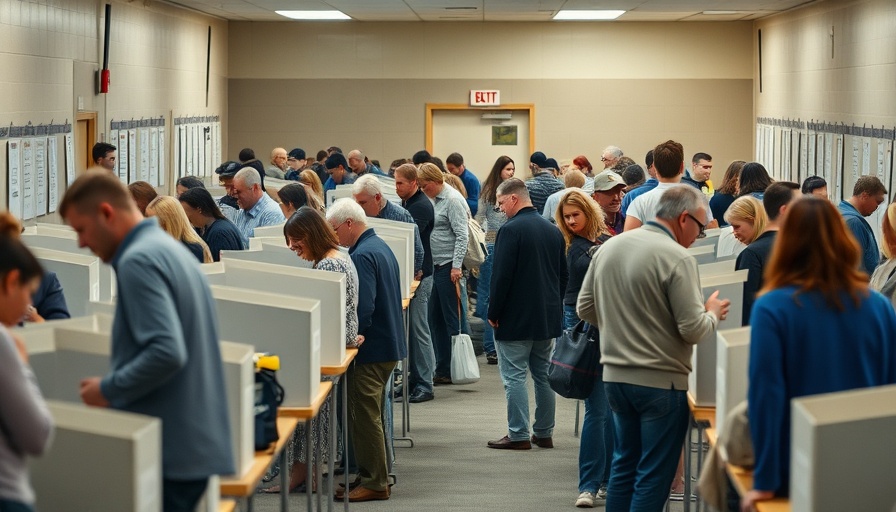
Understanding Huntington Beach's Vote on Voter ID Requirements
In a tightly contested decision, Huntington Beach voters approved Measure A by a narrow margin of 53.4% to 46.6% on March 5, 2024, signaling a growing interest in voter identification regulations in local governance. Just as many communities across the state grapple with the implications of electoral policies, this specific measure is stirring discussion, not just in Huntington Beach but across California.
The Stakes of Measure A
Attorney General Rob Bonta has stepped forward to challenge the legality of Measure A, asserting that it is unlawful and should not take effect as scheduled in 2026. He and Secretary of State Shirley Weber argue that the law contradicts a new state regulation that outright prohibits local jurisdictions from enforcing their own voter ID laws. Their position underscores a significant ongoing clash between state oversight and local municipal powers.
A Broader Legal Context
Bonta’s recent request to a state appellate court to expedite the examination of this case highlights its critical implications. He emphasizes that time is of the essence, particularly with preparations for the upcoming 2026 elections. The urgency stems from the belief that the approval of Measure A could disenfranchise eligible voters, a concern echoed by Weber, who sees the state laws as a protective measure for voter participation.
Charting the Legal Waters: State vs. Charter City
This scenario is further complicated by Huntington Beach's status as a charter city, which grants it specific local governance rights. City officials have contended that their authority allows them to implement regulations like Measure A—leading to a complex legal confrontation over which governance structure truly prevails. Ultimately, this case tests the limits of local governance against statewide laws designed to ensure uniformity and protect voter rights.
What’s Next for Huntington Beach?
As both sides await the appellate court's decision, the implications of this standoff extend beyond legal arguments: it reflects broader national conversations about voter ID laws and election integrity. While supporters of Measure A argue that such requirements enhance electoral security, opponents, including state officials, maintain that they create unnecessary barriers to voting, especially for marginalized communities.
Community Perspectives on Measure A
The community is divided, with some residents expressing concern about potential voter fraud, while others fear that these regulations could suppress lawful voters at the polls. As public discussions continue, the hope remains that any ruling will prioritize the integrity of the democratic process and align closely with the principles of accessibility and inclusion.
A Future of California Elections
This unfolding debate in Huntington Beach may set a significant precedent impacting election law throughout California. As the state grapples with the balance between local governance and statewide interests, communities must remain engaged, informed, and ready to advocate for their rights to vote without unnecessary hurdles.
In summary, the outcome of Attorney General Bonta's challenge holds considerable weight for Huntington Beach and the state at large, charting a path for future electoral laws and the very fabric of democratic participation.
 Add Row
Add Row  Add
Add 




Write A Comment